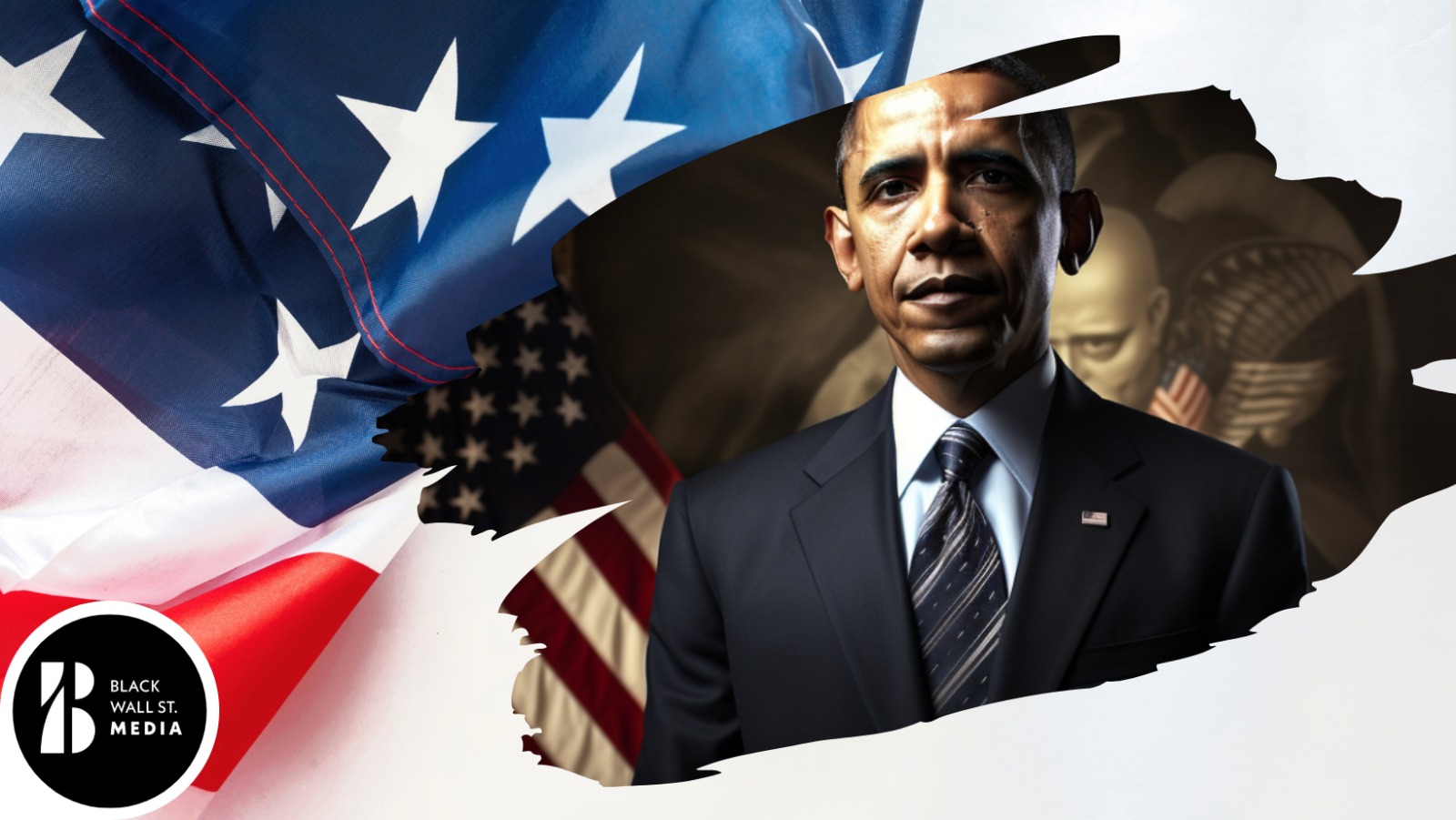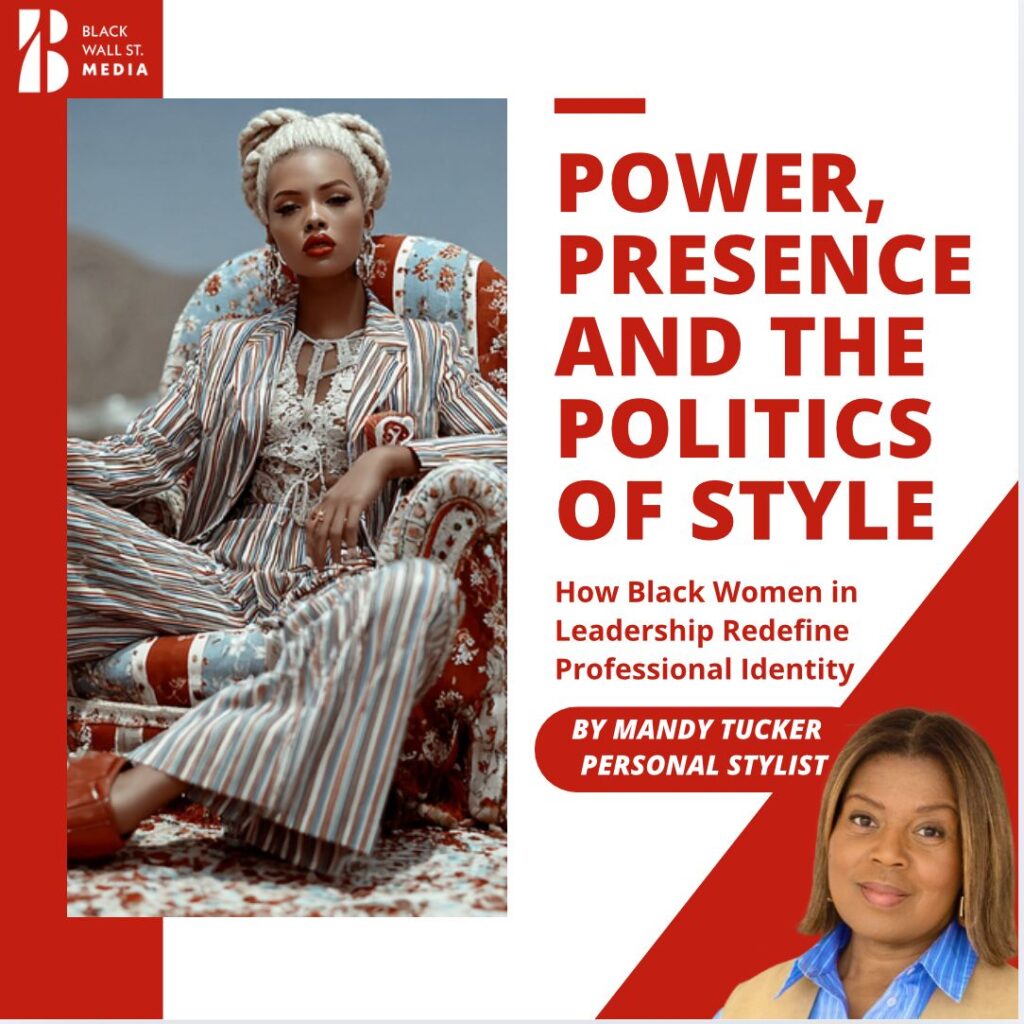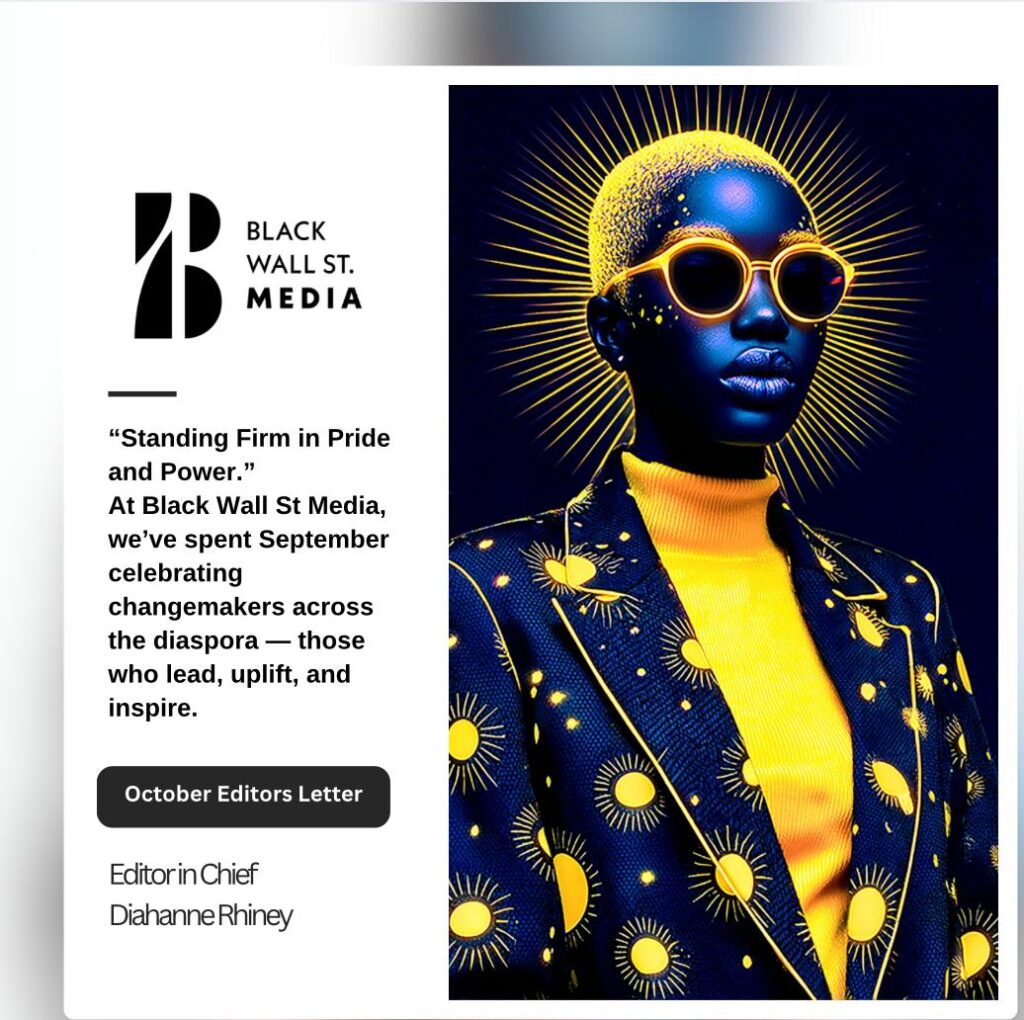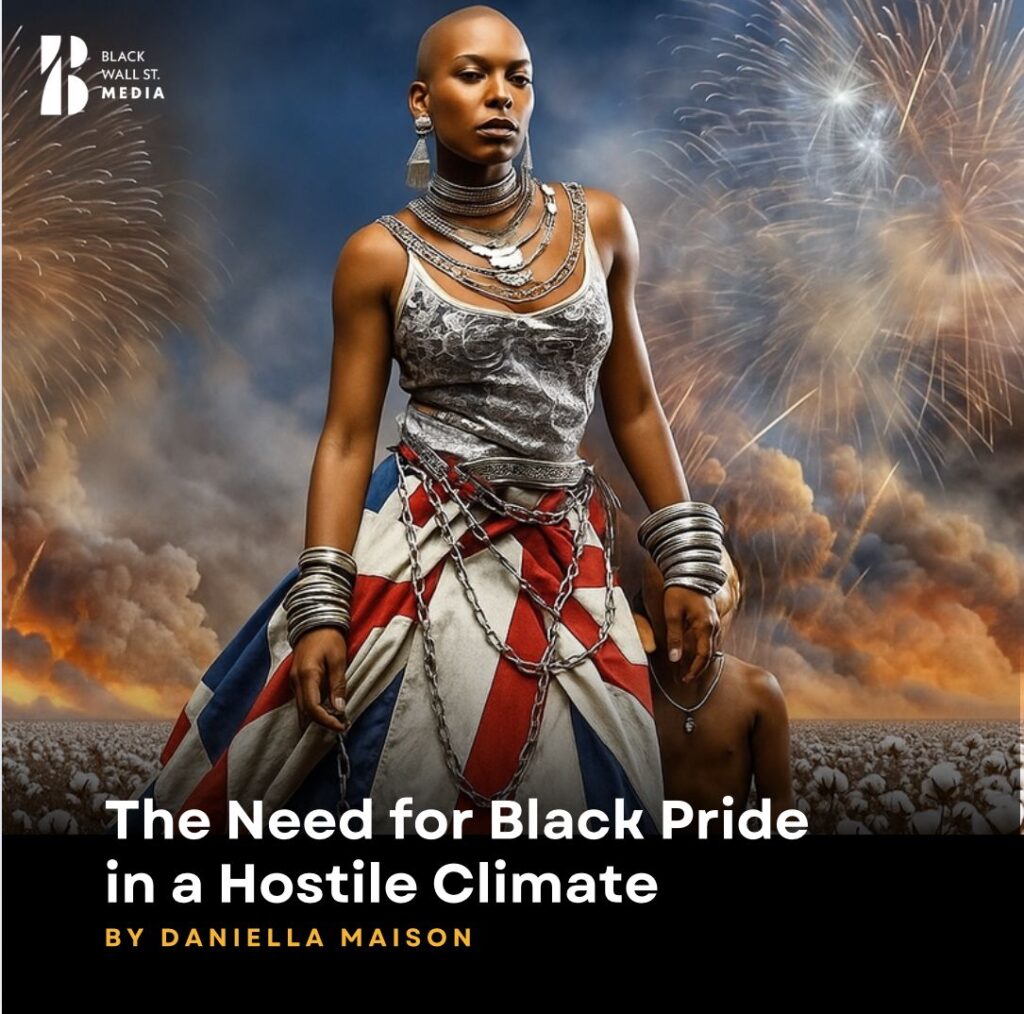Sociopolitical Analysis
A Study of Post-Obama Racial Dynamics examined in new book 'American Whitelash'
“"Our understanding of history is not just about the past; it is a tool to decode the present and a compass to navigate the future. Recognizing patterns of racial violence that follow racial progress is not just about accepting a harsh reality, it's about taking the necessary strides to disrupt that pattern and forge a path towards genuine equality." - Wesley Lowery, "American Whitelash: A Changing Nation and the Cost of Progress."”
Black Wall St. MediaContributor

A Study of Post-Obama Racial Dynamics examined in new book ‘American Whitelash’
In his latest book, “American Whitelash: A Changing Nation and the Cost of Progress,” acclaimed journalist Wesley Lowery takes a deep dive into the escalating wave of racial violence and tension in the United States, a disturbing trend that has been particularly noticeable in the wake of significant racial progress.
The most poignant example of this dynamic is the racist backlash that followed the presidency of Barack Obama, the first Black president in American history.
During his conversation with Geoff Bennett, Lowery elaborates on the central themes and findings of his book. He describes how the election of Barack Obama, a watershed moment in American history, did not signal the nation’s emergence from the shadows of its racist past.
Instead, it triggered an alarming uptick in explicit racial backlash, giving rise to a nativist movement deeply concerned with issues of immigration and refugees.
In the aftermath of Obama’s election, white Americans increasingly began to express feelings of racial anxiety, with over half of the white population feeling they were subjected to racial discrimination.
This sentiment, Lowery argues, highlights the changing nature of American politics and the prevalent racial anxieties that white supremacist movements exploit for recruitment purposes.
Lowery’s research in “American Whitelash” is not limited to the broad societal implications of racial backlash. He also delves into individual stories of those who have fallen victim to this virulent racist violence.
One story that stands out is that of Marcelo Lucero, an Ecuadorian immigrant who was murdered in Long Island just days after Obama’s election. Lucero’s tragic death highlights the grave consequences of allowing dehumanizing rhetoric to dominate political discourse.
The book further explores how the threat of white supremacist violence has evolved and amplified in the age of social media.
These online spaces have become breeding grounds for hate, enabling the dissemination of white supremacist propaganda and facilitating the radicalization of aggrieved individuals.
Despite the clear and present danger posed by these white supremacist movements, Lowery points out that law enforcement agencies and the government have found it challenging to confront this threat effectively.
Factors like First Amendment concerns and the hesitation to label certain political affiliations as potentially dangerous hinder aggressive action against these movements.
The implications of Lowery’s work extend beyond illuminating the current racial dynamics in America.
His findings underscore the urgent need for individuals, organizations, and governments to confront and combat these hateful ideologies.
The book serves as a potent reminder that the road to racial justice is fraught with formidable challenges, but the struggle for an inclusive and equitable society must persist.
Through the narratives and analyses presented in “American Whitelash,” Lowery provides a compelling lens through which to view America’s racial landscape.
The book is not only an exploration of America’s struggle with racism but also a call to action, urging readers to strive for a better understanding of these issues and to actively work towards racial justice.
Lowery’s “American Whitelash” is a critical piece of scholarship that shines a light on the grim shadows of America’s racial past and present, while pointing towards the possibilities of a more racially equitable future.
Black Wall St. MediaContributor










